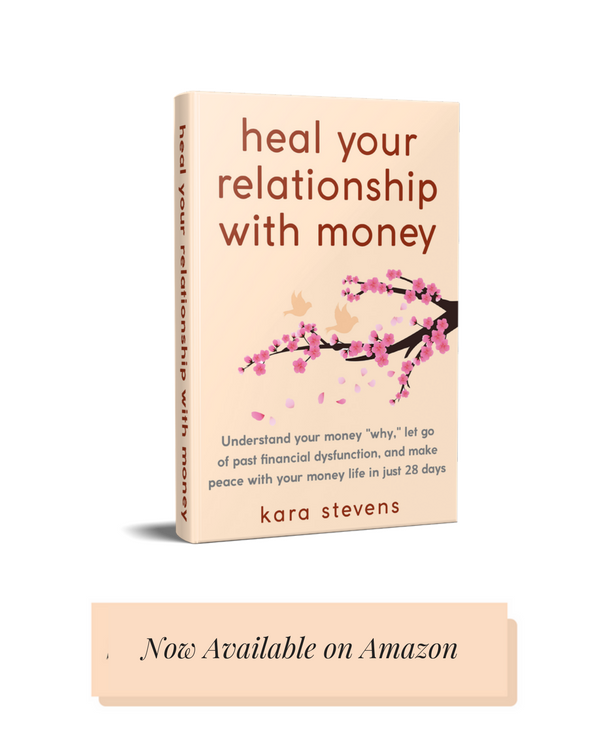You have been at a job for a few years and you are beginning to get restless. So, you throw your hat in the ring and apply for a few jobs that pique your interest. You go through the interview process, slay it, and are extended offers from all the potential employers.
You tell your friends and family, but they seem more excited about the prospects than you.
You ask yourself, “I went through all of this, but why don’t I feel good about this? What’s wrong with me?”

And independent of this need to self-reflect, you are going to have to answer the basic question of which job, if any, will you take, by a firm deadline.
Now, this is the part of the article where I give you a step-by-step guide on what to do.
But I’m sorry to disappoint, I think how and why someone chooses or doesn’t choose a job is very specific to the emotional, financial, and spiritual realities of that individual at that time in their lives.
So instead of telling you what you should do, I would prefer to leave you with some questions to think about to help you make the decision that best suits you.
Is it really a new job that you are looking for?
Sometimes when you think you are tired of a job, you may not be really tired of the job. You may just be tired of routine, your current responsibilities, or your monotony of your environment. Perhaps you may want to speak to your supervisor about other things that you want to do besides what’s in your current job description. Try sitting down and thinking about what’s wrong and missing from your current work situation, propose a solution, and then execute it. Maybe once you go through that process, you may have a better understanding of how you really feel about your work and what your next step will be.

How are your finances?
If the new jobs promise at least a 15% increase in your current salary or provide company perks like matching contribution to retirement, flex time, or tuition reimbursement, then moving for the money may be something you may consider if you already are feeling meh about work in general. More money may be enough of a motivation to get you a reason to go work and feel better about being there.
Is there another field that you really want to explore?
Applying for jobs in a field that you are good at but don’t love won’t bring any level of satisfaction, I promise. I know from experience. So, if you know this about yourself and you are willing to deal with the possible consequences that accompany a shift in career (i.e. decrease in pay, having to rebuild your network), then maybe you should explore it.
Career satisfaction is important to most people, but attaining it is a very personal choice and it requires a lot of honesty and risk-taking.
Best of luck as your make your way.
[bctt tweet=”Try sitting down and thinking about what’s wrong and missing from your current work situation, propose a solution, and then execute it” username=”frugalfeminista”]










